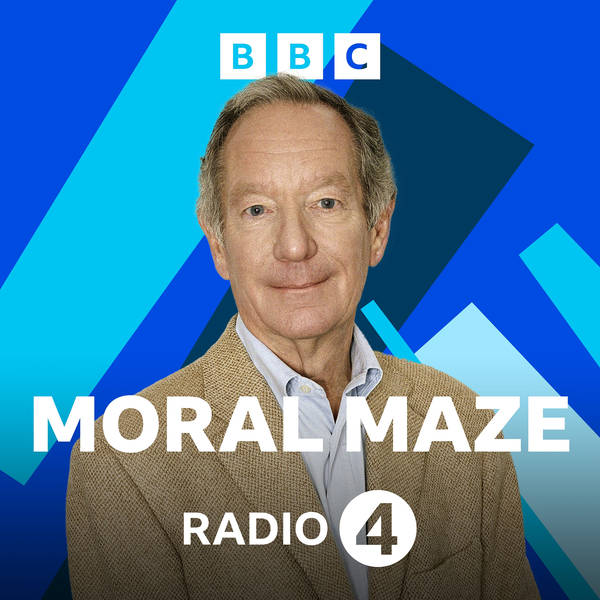
Cleaning the Internet
For a brief moment this month Ukrainians were allowed to call for the death of Vladimir Putin on Instagram and Facebook. That freedom was subsequently withdrawn – “hate speech” isn’t tolerated on those platforms after all. But can Ukrainians really be expected to hold back on how they feel about the Russian military? And maybe we, as bystanders, could do with seeing that anger expressed without the filter of online ‘etiquette’ policies devised by a Silicon Valley CEO. Maybe our rage about Mariupol is all we’ve got, so is it wrong to share it. How should we strike the right balance between reason and raw emotion, without on the one hand caring too little, or on the other hand losing perspective.
The trouble is, if we allow ‘hate speech’ about the Russian President, where do we then draw the line? And what about propaganda, misinformation and conspiracy theories. The social media platforms spend millions on trying to sort truth from lies, but why should it be an internet company that gets to decide? The just-published Online Safety Bill sets out plans to punish internet companies for failing to censor material that is ‘legal but harmful’. The aim is to protect us from the effects of dark images and suggestions. But is it foolish to imply that we can make the internet ‘safe’. And if we agree that the internet will always be dangerous, shouldn’t we cultivate a healthy suspicion of it, rather than a misplaced trust in its moderators. Might it not it be better, and more moral, to teach our children – and trust our fellow-citizens – to think for themselves? With digital researcher Ellen Judson; CEO of Index on Censorship Ruth Smeeth; internet safety expert Will Gardner and former teacher and author Joanna Williams.
Produced by Olive Clancy
